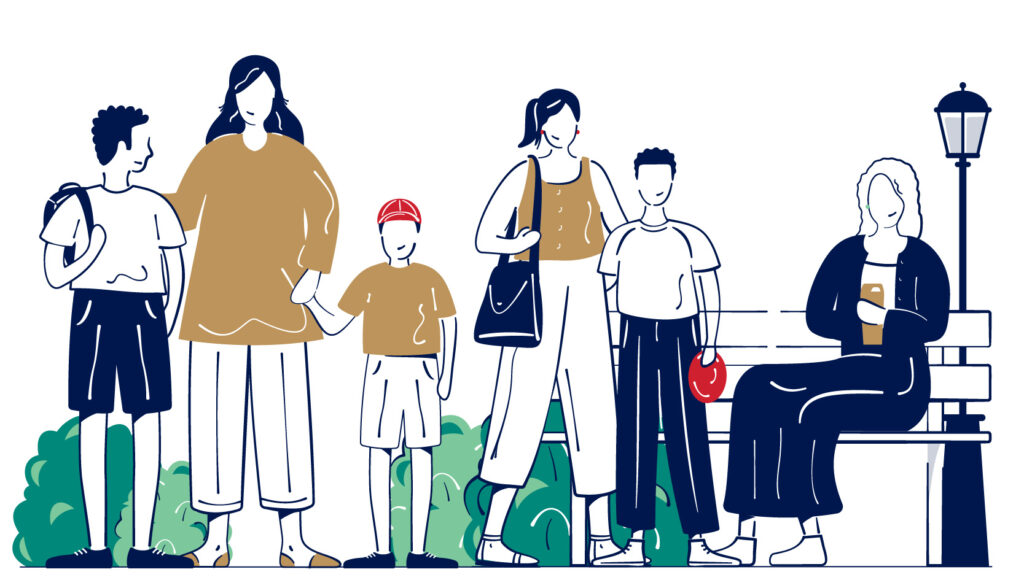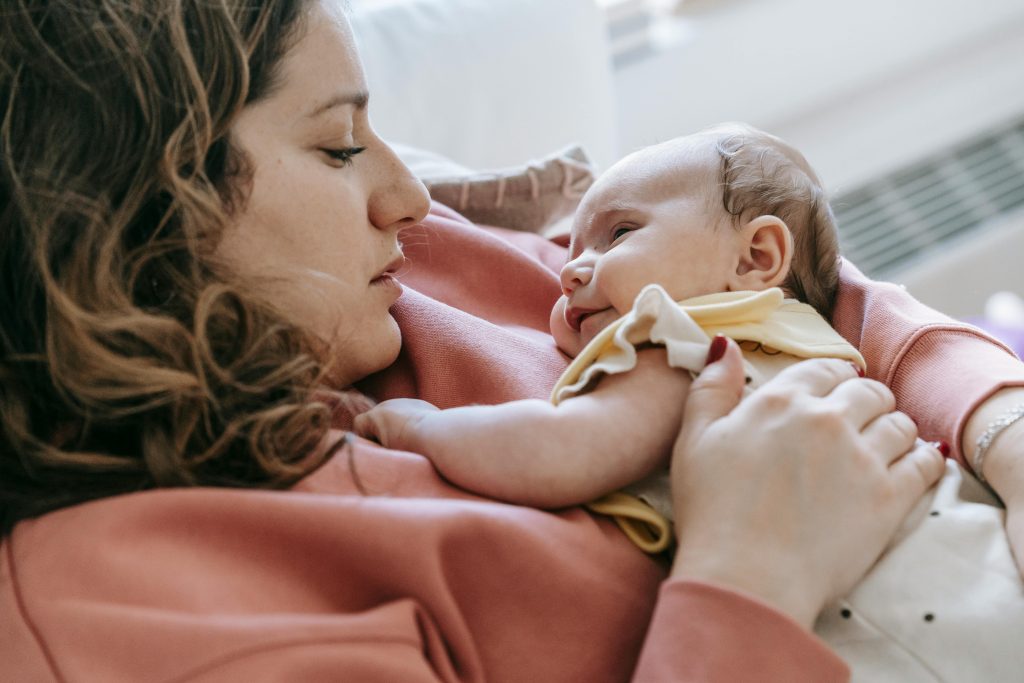Anyone who’s experienced fatigue can attest to how debilitating it can be. Pregnancy fatigue is no exception. It’s hard to work up the willpower to accomplish the things you need to, like budgeting, preparing your house, and preparing your heart for your coming baby.
If you can relate to this, you’re not alone—pregnancy fatigue is normal. But just because it’s normal doesn’t mean it’s welcome.
When does pregnancy fatigue start?
Sudden, extreme fatigue is one of the earliest indicators of pregnancy. When does fatigue start in pregnancy? Unfortunately, it can start as early as the first week after conception. Extreme tiredness in early pregnancy is most common, but pregnancy fatigue can extend to both the second trimester and third trimester as well.
What does pregnancy fatigue feel like?
Pregnancy fatigue may feel like lack of motivation, trouble getting up in the morning, difficulty completing tasks, going to bed earlier than usual, and trouble staying asleep. You’ll typically need to sleep for longer periods of time—between 8-10 hours.
Causes of pregnancy fatigue
Your exhaustion will differ depending on what stage of your pregnancy you’re in. Early pregnancy exhaustion has different causes than late pregnancy exhaustion.
Early pregnancy exhaustion
In early pregnancy, your body goes through a myriad of changes, and these changes naturally lead to fatigue.
- Hormonal changes. Pregnancy causes increased estrogen and progesterone levels, which leads to drowsiness. Fortunately, the increased drowsiness progesterone provides can lead to deeper and more restful sleep.
- Low blood pressure. Your growing baby needs extra blood, which means your blood sugar and blood pressure lower as your body supplies this additional blood.
- Placenta. Early in pregnancy, your body is working hard to grow a placenta for your baby. This organ supplies nutrients and oxygen to your baby as they grow throughout your pregnancy.
Third trimester fatigue
You might experience a short period of relief after your body adjusts to the major changes that occur in early pregnancy, but fatigue often hits hard in later pregnancy for a couple reasons.
- Extra weight. As your baby grows bigger, so do you. The extra weight you carry around easily leads to exhaustion as you go about your day.
- Pregnancy insomnia. Sleep eludes many women due to lack of comfortable pregnancy sleeping positions. Many of the third trimester pregnancy symptoms contribute to poor sleep.
How to fight fatigue
While you may not be able to prevent fatigue in its entirety, here are some tips to improve it.
Ask for help
This is a great time to call on your support network for help. When someone says, “If you need anything, let me know,” take them up on it! People often want to help but don’t know how to assist you. It’s ok to ask family members and friends to fix a meal, help with housework, run errands, or sit with other children while you rest.
Little wins throughout the day—like taking a shower, brushing your teeth, and putting on clean clothes—can often make you feel better.
Self-care
Sometimes, you may feel so tired that you don’t feel like getting dressed or cleaned up for the day. But little wins throughout the day—like taking a shower, brushing your teeth, and putting on clean clothes—can often make you feel better.
Stay hydrated and eat well
Make sure you’re drinking plenty of water and eating nutritious meals. Eat a variety of foods, including healthy fats, high-fiber carbohydrates, and sources of protein. Look for foods rich in vitamins and minerals.
If you find you’re hungry more often or it takes a bit more food to satisfy your hunger, consider eating healthy, high-protein snacks between meals. You also should faithfully take your prenatal vitamins.
When to call a doctor
If you can’t find a coping strategy that works and your fatigue prevents you from being able to care for yourself, don’t hesitate to seek professional help. Remember: if you’re experiencing feelings of depression or anxiety for more than two weeks, it’s important to contact your doctor.
Contact us
Have any questions or concerns about fatigue? Call CHM’s Maternity Support Team at 1-800-791-6225 for medical and program-related support.

What mother in the Bible would you be?
Take our quiz to find out which mother in the Bible you relate to most.




